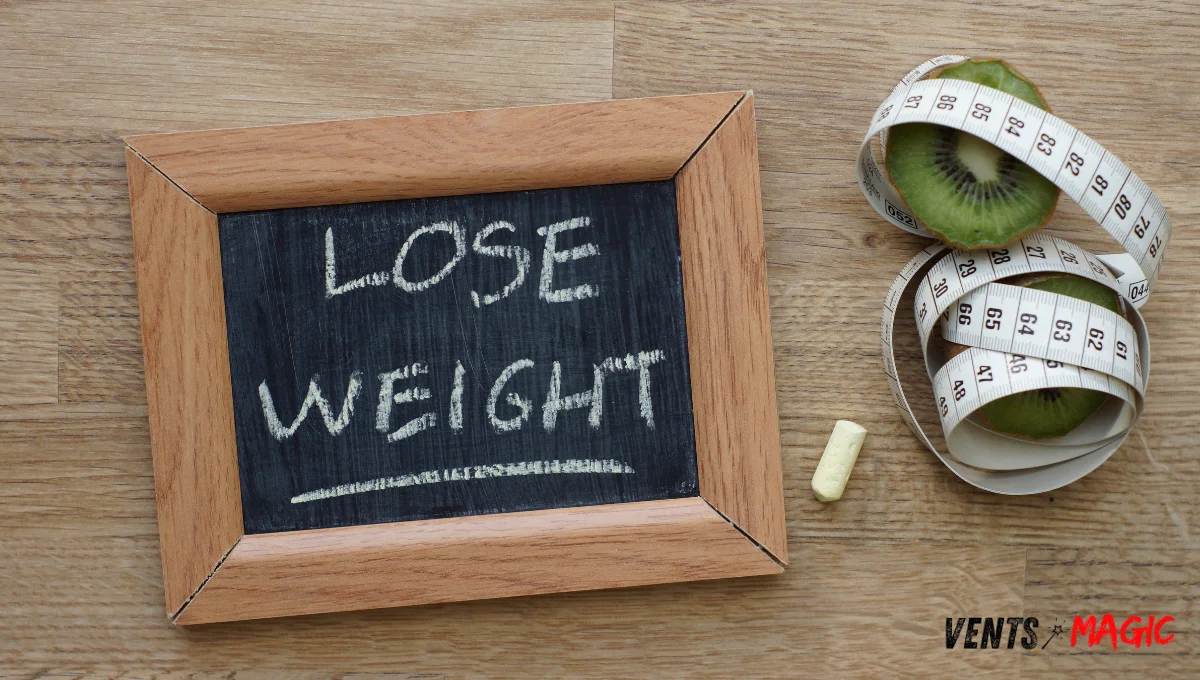12 Effective Weight Lose Tips Without Dieting
Wellhealthorganic: 12 Effective Weight Lose Tips Without Dieting Looking for 12 Effective Weight Lose Tips Without Dieting, You’re not alone! […]
12 Effective Weight Lose Tips Without Dieting Read More »
Losing weight quickly can be a top priority for many, whether it’s to achieve personal health goals, fit into a special outfit, or simply feel more energetic. But with so many diets claiming fast results, it can be tough to know which plan is best suited to help you drop those pounds safely and effectively. In this article, we’ll dive into the best diets that deliver rapid weight loss results, backed by science, and provide insights into choosing the right plan for your lifestyle. So if you’re looking to shed weight quickly, let’s explore some practical, expert-backed options.
Also read: Is Instagram Pro APK free?
The desire to lose weight quickly can stem from many different motivations. Maybe you have a big event coming up, or perhaps you’ve had a moment of realization and want to take control of your health. Quick weight loss can offer a confidence boost, and seeing early results can help you stay motivated on your journey. However, it’s essential to approach it responsibly. Extreme diets or plans that promise “instant” results often lead to unsustainable practices or rebound weight gain, which is why we’ll focus on fast yet healthy approaches.
The body’s weight-loss process is a balance between calorie intake and calorie burn. When we consume fewer calories than our body needs for energy, it begins to burn stored fat, leading to weight loss. By creating a calorie deficit through diet, we can accelerate this process, and specific diets are designed to make this easier. However, any rapid weight-loss approach should prioritize nutrition to ensure you’re still getting the vitamins, minerals, and nutrients needed to stay healthy.
Here are some of the most effective and science-supported diets for those looking to lose weight fast:
The ketogenic diet, or keto for short, is a low-carb, high-fat diet that forces your body into a metabolic state called ketosis. In ketosis, the body burns fat for fuel instead of carbs, which can lead to rapid weight loss.
Intermittent fasting (IF) is not a specific diet but rather a pattern of eating where you cycle between periods of eating and fasting. Popular IF methods include the 16:8 method, where you fast for 16 hours and eat in an 8-hour window.
A low-carb diet is a popular choice for quick weight loss as it reduces the intake of carbs, prompting the body to use stored fat for energy.
Though not traditionally a “quick” weight-loss diet, the Mediterranean diet has been shown to support sustainable weight loss due to its focus on whole, nutrient-dense foods.
A high-protein diet focuses on increasing protein intake to reduce hunger and boost metabolism, which can help in faster weight loss.
Each person’s weight-loss journey is unique, and various factors can affect the speed and efficiency of results:
Rapid weight loss can be safe if approached correctly, with attention to nutrient intake and hydration. Experts generally suggest aiming to lose 1-2 pounds per week as a safe and sustainable rate. Going beyond this range can increase the risk of muscle loss, nutritional deficiencies, and metabolic slowdown.
To ensure safety, avoid fad diets that completely cut out food groups or limit you to extremely low calories (under 1,200 for women or 1,500 for men). Always consult a healthcare provider before starting any rapid weight-loss diet, especially if you have any underlying health conditions.
The ketogenic diet is often considered one of the fastest ways to lose weight, especially for the first few weeks due to the significant drop in water weight and fat loss.
Most people can expect to lose between 4 to 8 pounds per month with a healthy, calorie-deficit diet and regular exercise. Faster weight loss is possible, but may not be sustainable long-term.
Yes, you can lose weight without exercise by following a strict calorie-deficit diet, but exercise can boost your results, improve muscle tone, and promote overall health.
Rapid weight loss can lead to fatigue, muscle loss, nutrient deficiencies, and a slower metabolism. That’s why it’s essential to follow a balanced diet and avoid overly restrictive plans.
To maintain weight loss, gradually increase calorie intake to a maintenance level, focus on whole foods, and continue regular exercise. Avoid returning to old eating habits.
Choosing the best diet for quick weight loss depends on your personal preferences, lifestyle, and health conditions. Whether it’s the keto diet, intermittent fasting, or a high-protein diet, consistency and mindful eating will be essential for sustainable results. Always prioritize nutrition, stay hydrated, and listen to your body as you pursue your weight-loss goals. Remember, even though fast weight loss can be rewarding, sustainable changes are key to long-term health and success.
This article blends practical advice, expert-backed information, and addresses common reader questions to create a comprehensive, human-centered piece on fast weight-loss diets.
Wellhealthorganic: 12 Effective Weight Lose Tips Without Dieting Looking for 12 Effective Weight Lose Tips Without Dieting, You’re not alone! […]
12 Effective Weight Lose Tips Without Dieting Read More »
